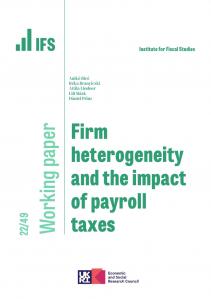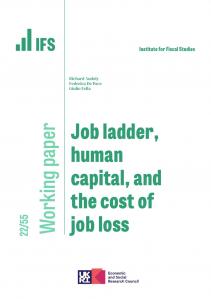How does firm entry affect innovation incentives and productivity growth in incumbent firms? Micro-data suggests that there is heterogeneity across industries - incumbents in technologically advanced industries react positively to foreign firm entry, but not in laggard industries. To explain this pattern, we introduce entry into a Schumpeterian growth model with multiple sectors which differ by their distance to the technological frontier. We show that technologically advanced entry threat spurs innovation incentives in sectors close to the technological frontier - successful innovation allows incumbents to prevent entry. In laggard sectors it discourages innovation - increased entry threat reduces incumbents' expected rents from innovating. We find that the empirical patterns hold using rich micro-level productivity growth and patent panel data for the UK, and controlling for the endogeneity of entry by exploiting the large number of policy reforms undertaken during the Thatcher era.












